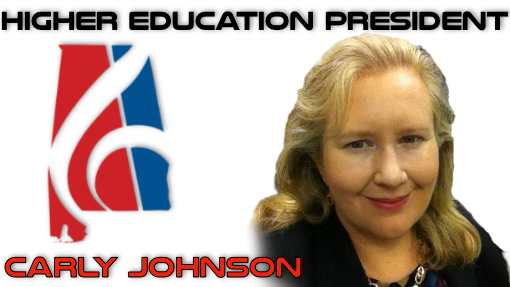
Moving toward the close of another school year is always a good time to reflect on the past twelve months. In doing so, I always think back to those special teachers, colleagues, and experiences that have helped shape my career along the way and that continue to fuel my passion for teaching. I’m a graduate of the Dana School of Music, located in northeast Ohio, right between two major cities, Cleveland and Pittsburgh, and like many regional institutions with nearby access to larger metropolitan areas, the Dana School of Music has produced many outstanding graduates in the field of music over the years that have helped shape the local music scene in northeast Ohio.
I realize now how fortunate that I was to grow up in a small town where the local school district had an amazing elementary school music teacher. Those early experiences of using rhythm sticks to learn how to count beats, using Orff instruments to learn to differentiate between pitch while learning the names of line and space notes, and using recorders to transition into a beginning band class were invaluable to my and other students’ development. I attribute a good deal of our district’s success at the secondary level directly to those early experiences and weekly visits to the music room, which for me and many other children, was a magical space. My heart sinks every time that I go into a K-5 school now and do not see a music specialist available to meet weekly with students, or when I walk into a music room that has no classroom instruments for young children to explore by way of hands-on learning.
I, like many others in our field, am incredibly concerned about the future of Arts education in Alabama and in our country. From music being eliminated entirely in schools, to schools not being able to find any certified, trained teachers to fill vacated positions. I often hear idealistic phrases such as “music is for everyone,” but the actions of local and state school boards often do not mirror this sentiment. Music and the Arts are often still relegated as an afterthought and are often not recognized or considered an essential part of the curriculum, like our STEM counterparts. For anyone concerned about Arts education in America, Malcolm Gladwell’s The Tipping Point: How Little Things Can Make a Big Difference is a fascinating read. I keep wondering when the pendulum will swing back to Music and the Arts and a more humanistic way of connecting, creating and learning. Maybe never?
My reply to this question is, do not be afraid to be proactive. I applaud the educators in our state who are not influenced or intimidated by the latest trends or buzz words in education; trends and talking points which are often politically motivated and generated with a certain agenda in mind. Maybe I am in a unique position as I have always taught in classrooms where parents, lawmakers, and other outsiders were not scrutinizing every word and action related to delivering a diverse, inclusive, and equitable curriculum. It is quite apparent that such folks have never been around a large group of creative thinkers, and that they have no idea how we think, feel, act, or even what we want. Our diversity is what makes us so powerful and so wonderfully flexible, and so effective at reaching so many different people through one simple activity or performance.
Standards, rubrics, TSW statements, assessment measures… bring it on, it’s all good. Trying to make music and the Arts into some sort of cookie cutter subject is an interesting, albeit entirely flawed concept, in my opinion. The transmission of knowledge and skills in music is much like a mash-up of all of the ways in which children learn, so good luck trying to make that standardized. Humans are not robots… not yet, anyway!
So, where is music education moving today? Honestly, nobody knows, but to quote a favorite late 80s movie… if you build it, they will come. Wouldn’t it be nice to see more building and less tearing down in our schools and society in general. In any event, this is the foundation and ideas that have guided my pathway in education, and that have allowed me to build a comfortable and rewarding career. Some of the greatest words of wisdom that I ever received from professors and mentors at the Dana School were to be around like-minded people who share the same passion. Before passing the baton to our new HED President, Dr. Stephen Foster, I will leave you with one closing thought. Be positive, be nurturing, and always be the solution rather than the problem.
Best wishes, and #LoveMusic
